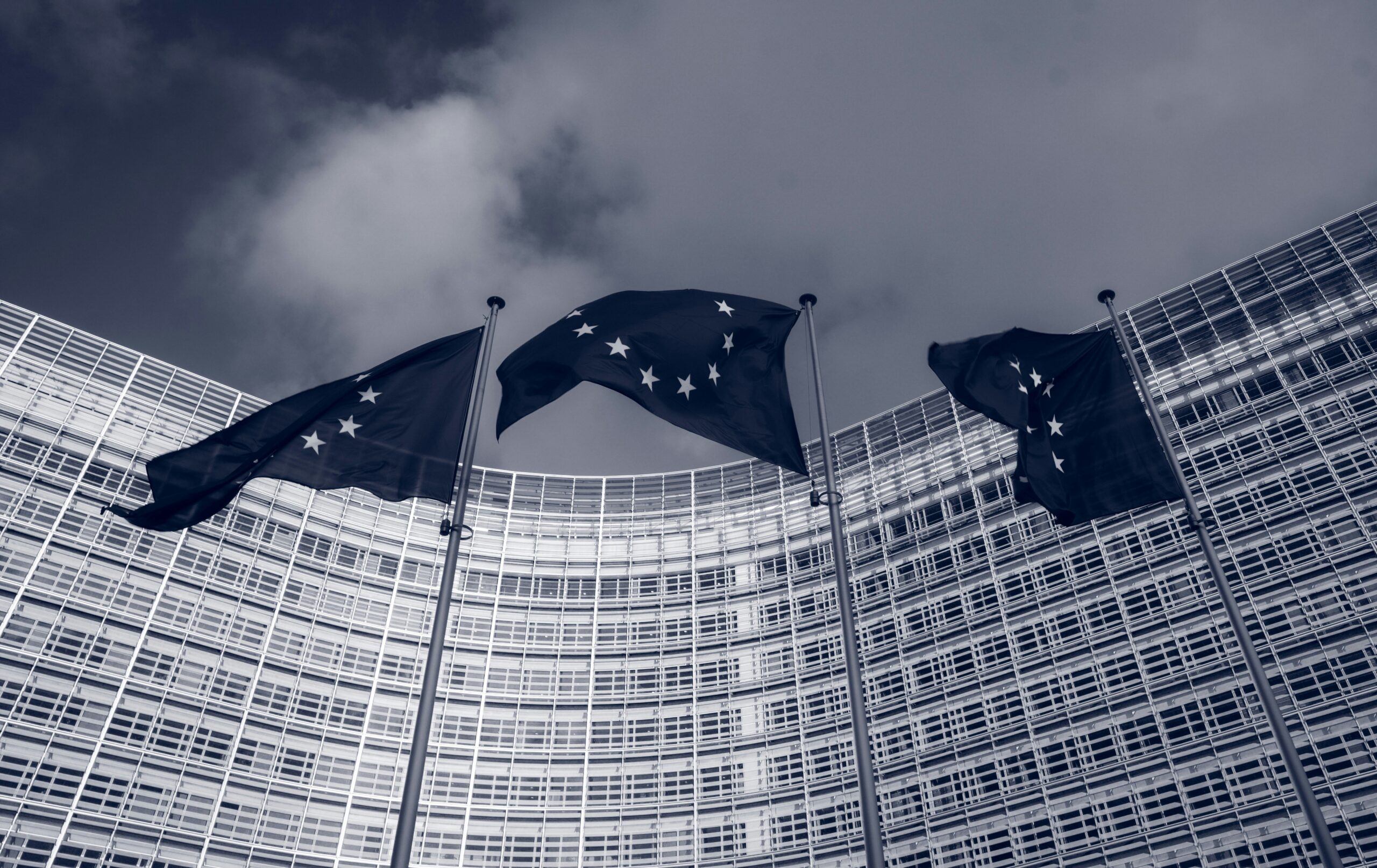By Dr Arthur Azzpardi – Managing Partner and Michaela Sciberras – Legal Intern
The EU’s legal framework for judicial cooperation in criminal matters aims to enhance cooperation among Member States in combating cross-border crime. A critical tool within this framework is the European Investigation Order (EIO), established under Directive 2014/41, which enables authorities in one Member State to request evidence or investigative measures from another during criminal investigations.
However, its application has raised significant legal concerns regarding the protection of individual rights. To address these issues, the Regional Court of Berlin has referred key questions to the Court of Justice of the European Union (CJEU) for clarification on the proper regulation of EIOs to ensure adherence to fundamental rights. The case bears number C-670/2022 in the names M.N. v Staatsanwaltschaft Berlin.
The first question raised in this case concerns the authority competent to issue an EIO. The CJEU clarified that Articles 1(1) and Article 2(c) of Directive 2014/41 should be interpreted together, establishing that an EIO need not necessarily be issued by a judge if, under the law of the issuing State, a public prosecutor is competent to order the initial gathering of evidence in a purely domestic case.
The second issue examined by the CJEU involves the two cumulative conditions under which an EIO may be issued, as outlined in Article 6. The first condition, stipulated under Article 6(1)(a), requires the issuing authority to determine that the EIO is necessary and proportionate whilst taking into account the rights of the suspect or accused. The CJEU clarified that, an EIO does not necessarily require an existing suspicion of a serious offense for each individual at the time it is issued, unless such a requirement is specified under the national law of the issuing state. Furthermore, the Court emphasized that the validity of an EIO is maintained even if the integrity of the intercepted data cannot be verified, provided that the right to a fair trial is guaranteed in subsequent legal proceedings.
Regarding the second condition under Article 6(1)(b), the CJEU directed that when the investigative measure specified in the EIO involves obtaining evidence already held by the competent authorities of the executing state, certain conditions must be met. Specifically, the transmission of that evidence to the authorities of the issuing state is permitted only if it could have been ordered under similar conditions in a domestic case.
Subsequently, the CJEU focused on the interpretation of Article 31 of Directive 2014/41 concerning the infiltration of terminal devices for gathering traffic, location, and communication data from internet-based services. The Court ruled that such measures constitute an “interception of telecommunications,” which requires notification to the designated authority in the Member State where the subject of the interception is located. If the intercepting Member State cannot identify the appropriate authority, it may notify any suitable authority within the notified Member State. Furthermore, the CJEU emphasized that Article 31 is designed to protect the rights of individuals affected by such interception measures, reinforcing the need for safeguards in cross-border investigations to ensure compliance with fundamental rights.
Lastly, the CJEU determined that if the referring court finds, based on the responses to the subsequent questions, that the EIOs were unlawfully issued, Article 14(7) of Directive 2014/41 requires national criminal courts to exclude any evidence obtained in violation of EU law. This obligation applies particularly in situations where the accused is unable to effectively challenge that evidence, especially when such evidence is likely to have a significant impact on the findings of fact. This interpretation reinforces the necessity of protecting fair trial rights and ensures that evidence obtained unlawfully does not compromise the defence of the accused.
